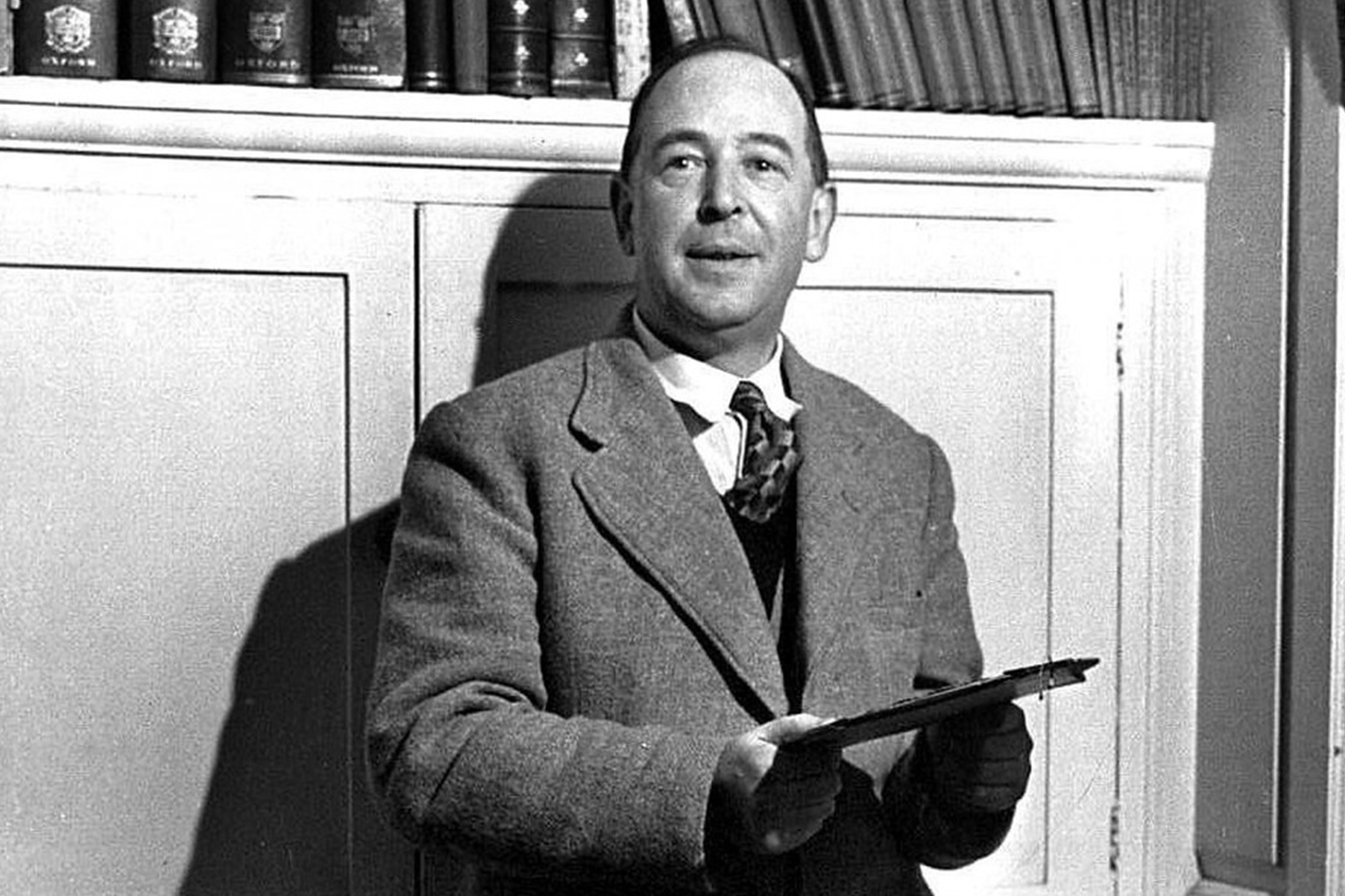I don’t know why I’m ever surprised when people intentionally or unintentionally blow it. We are human, after all. Even a world-famous evangelist can turn out to be a sexual predator.
I’m less concerned with that right now than I am with human nature. The heart is deceitful above all things; who can know it? The weeping prophet, Jeremiah, said that while he watched his country spiral into self-destruction.
Jesus said you will know people by their actions. Some people are really good at hiding the rotten ones. No one is perfectly good.
Let’s time travel and talk to C.S Lewis about human nature. I’ll be quoting from Mere Christianity and The Screwtape Letters.
Vance: Mr. Lewis, tell me about Christian morality.

C.S Lewis: “People often think of Christian morality as a kind of bargain in which God says, ‘If you keep a lot of rules, I’ll reward you, and if you don’t, I’ll do the other thing.’ I do not think that is the best way of looking at it. I would much rather say that every time you make a choice, you are turning a central part of you, the part of you that chooses, into something a little different from what it was before.
And taking your life as a whole, with all your innumerable choices, all your life, you are slowly turning this central thing either into a heavenly creature or into a hellish creature.”
V: Any hope for us?

C.S: “Each has done something to himself which, unless he repents, will make it harder for him to keep out of the rage the next time he is tempted and will make the rage worse when he does fall into it. Each of them, if he seriously turns to God, can have that twist in the central man straightened out again: each is, in the long run, doomed if he will not.
When a man is getting better, he understands more and more clearly the evil still left in him. When a man is getting worse, he understands his own badness less and less.”
Good and evil both increase at compound interest. That is why the little decisions you and I make every day are of such infinite importance. The smallest good act today is to capture a strategic point from which, a few months later, you may be able to go on to victories you never dreamed of. An apparently trivial indulgence in lust or anger today is the loss of a ridge or railway line or bridgehead from which the enemy may launch an attack otherwise impossible.”
V: Even the little decisions?

C.S: “Indeed, the safest road to Hell is the gradual one-the gentle slope, soft underfoot, without sudden turnings, without milestones, without signposts.”
Even the slightest compromise opens you up to negotiations—a boundary that is unenforced, and as such, not a boundary.
It is fitting, I would say, to pray this dangerous prayer that King David did:
“Search me, God, and know my heart; test me and know my anxious thoughts.
See if there is any offensive way in me, and lead me in the way everlasting.”



No comments:
Post a Comment